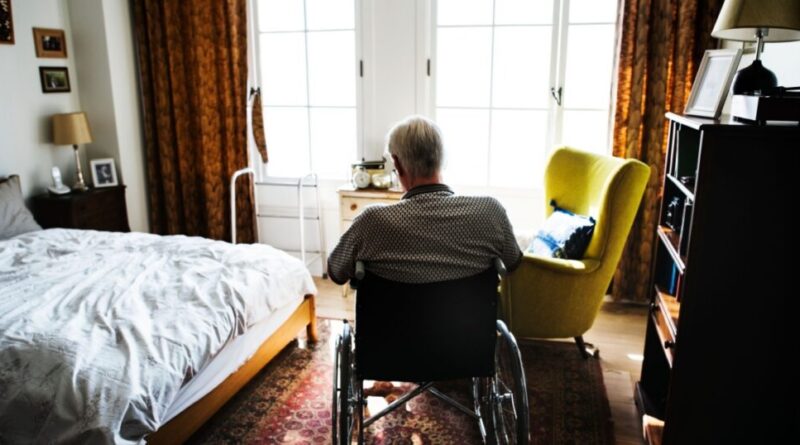Why do some people wait to die alone?
Despite the widespread belief that individuals typically desire the presence of loved ones in their final moments, there exists a cohort who prefer to face death alone.
Hospice experts suggest that the preference for companionship during the dying process varies greatly among individuals. Instances of individuals passing away in solitude or loved ones stepping away momentarily only for the patient to expire are not uncommon occurrences.
Glenys Caswell, a senior research fellow at the University of Nottingham, posits that some individuals consciously choose to pass away without the company of loved ones. This departure from societal norms is not necessarily viewed negatively by those confronting the end of life.
While this perspective may seem somber, Caswell, an authority in the field of death studies, notes that many individuals prefer minimal fuss and attention when feeling unwell.
Research from the New York University Langone School of Medicine underscores that individuals often retain awareness of their impending demise even after physical signs of life have ceased.
Lizzy Miles, a hospice social worker, suggests that those who opt for solitude in death may do so to spare their family members the emotional anguish of witnessing their decline up close, particularly evident among parents facing their mortality.
This underscores the profound sacrifices individuals are willing to make to ease the burden of their departure.
Cultural influences and personal beliefs significantly shape preferences for end-of-life experiences. Caswell’s extensive research underscores that while societal expectations often emphasize the importance of familial presence during death, individual perspectives vary widely. Factors such as healthcare policies, media depictions of death, and personal comfort thresholds all contribute to a diverse array of attitudes toward dying alone.
The desire to die alone challenges conventional notions of a “good death.” Despite societal perceptions associating solitary death with loneliness and sadness, the reality is more nuanced. Cultural narratives, such as the portrayal of Ebenezer Scrooge’s death in Dickens’s A Christmas Carol, often depict solitary death in a negative light, while deaths surrounded by loved ones are idealized as peaceful.
Open discussions about end-of-life preferences can help alleviate guilt for family members unable to be present at the moment of their loved one’s passing.
Consider sharing this article with your family and friends to encourage meaningful conversations about end-of-life care and preferences.

